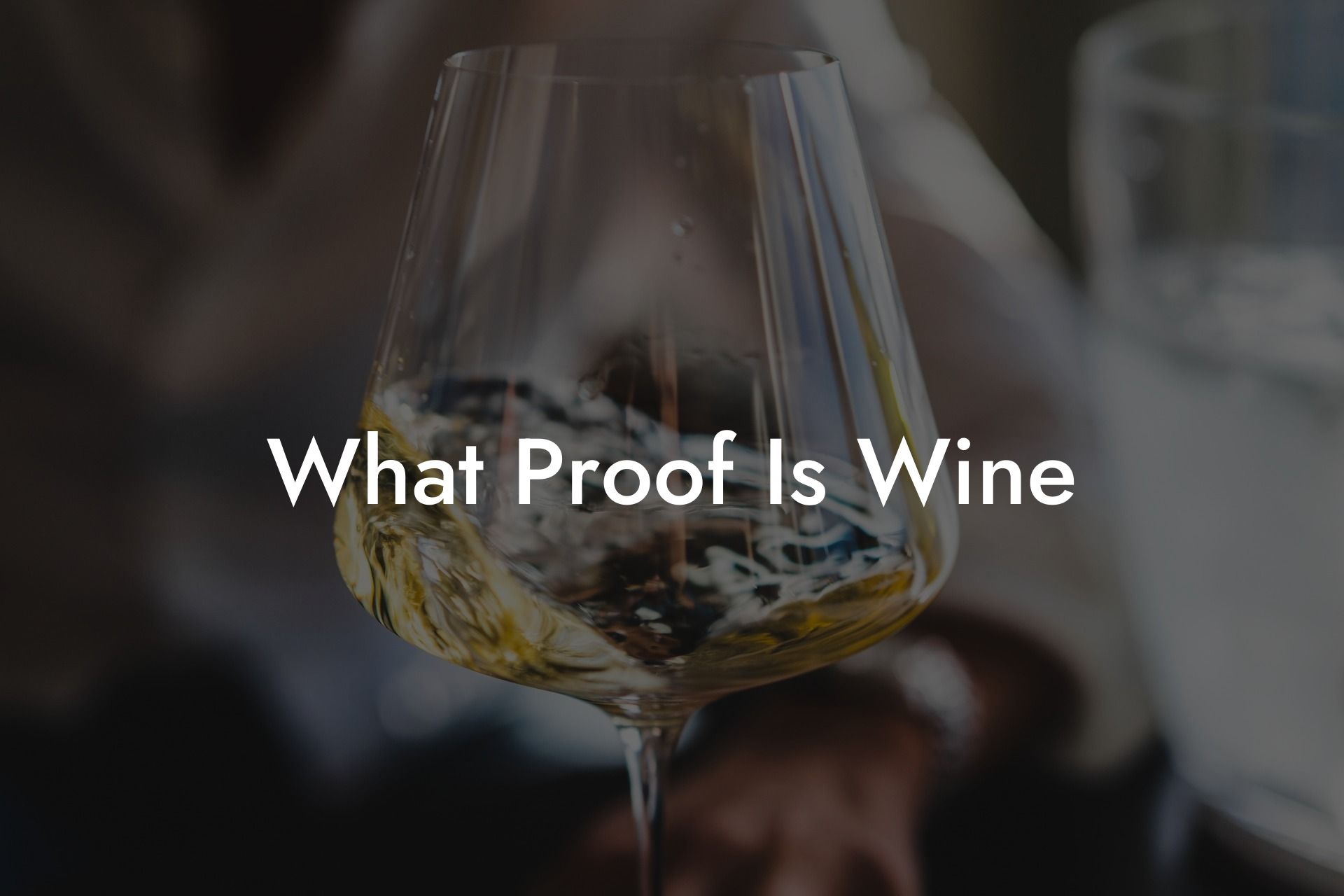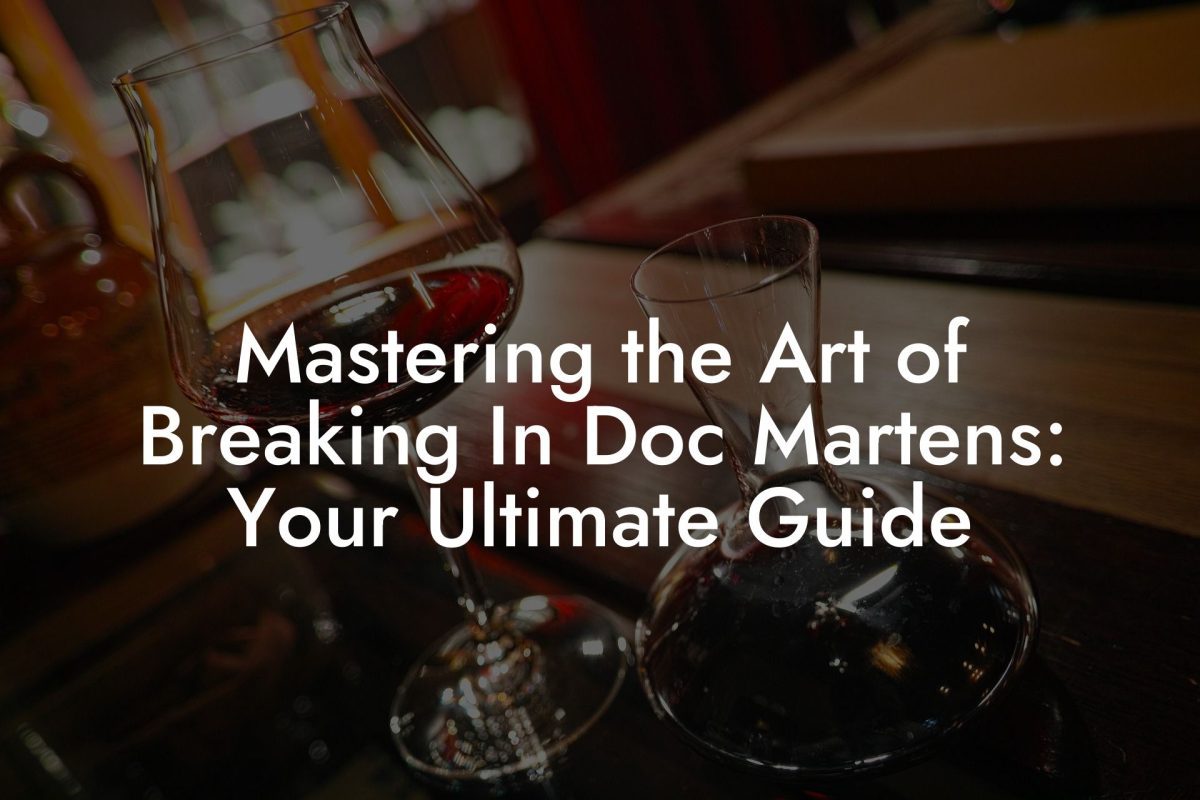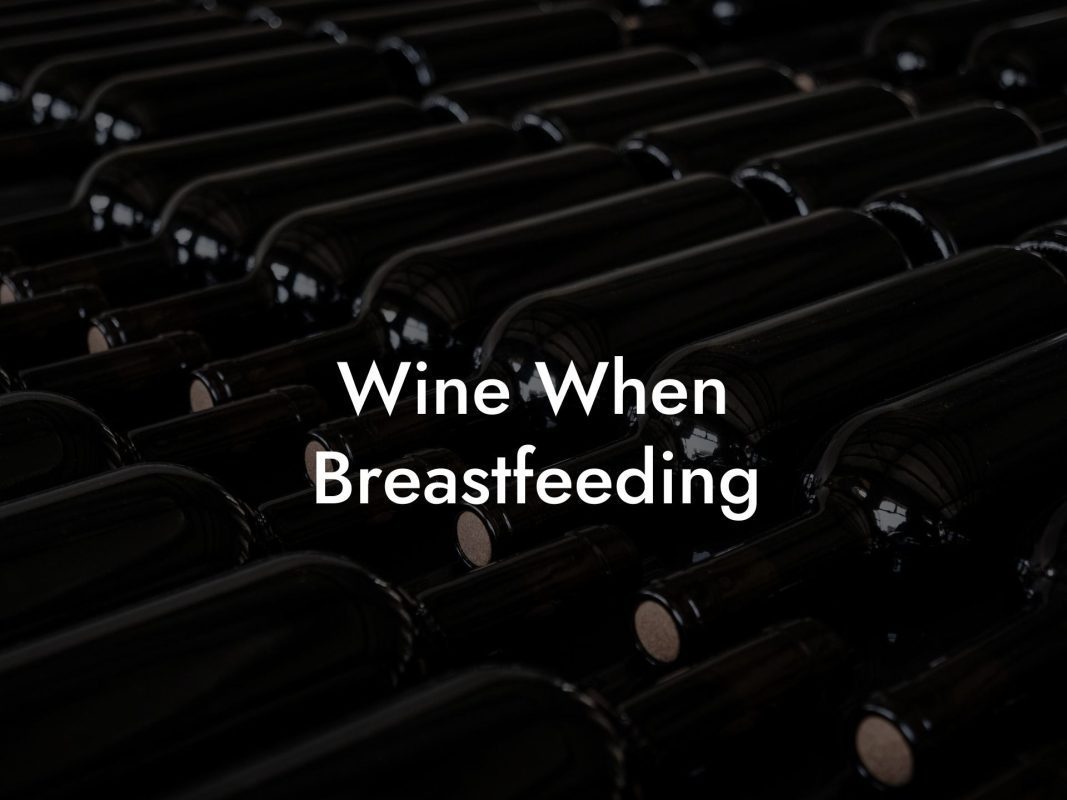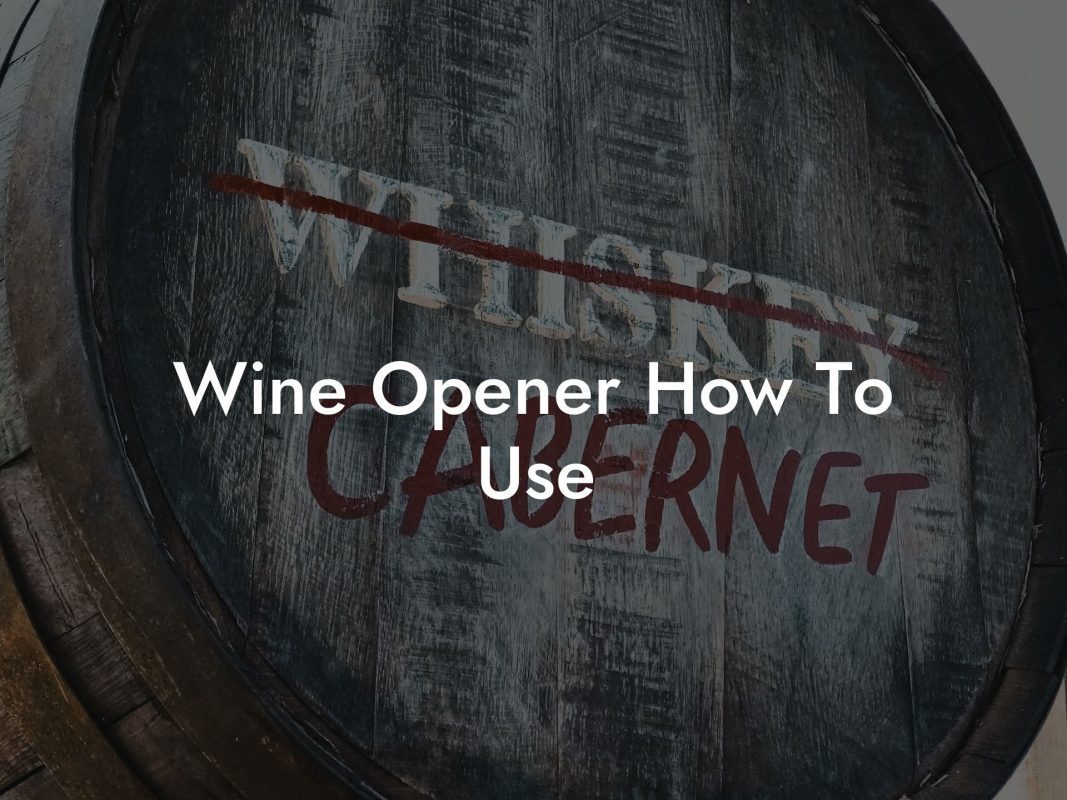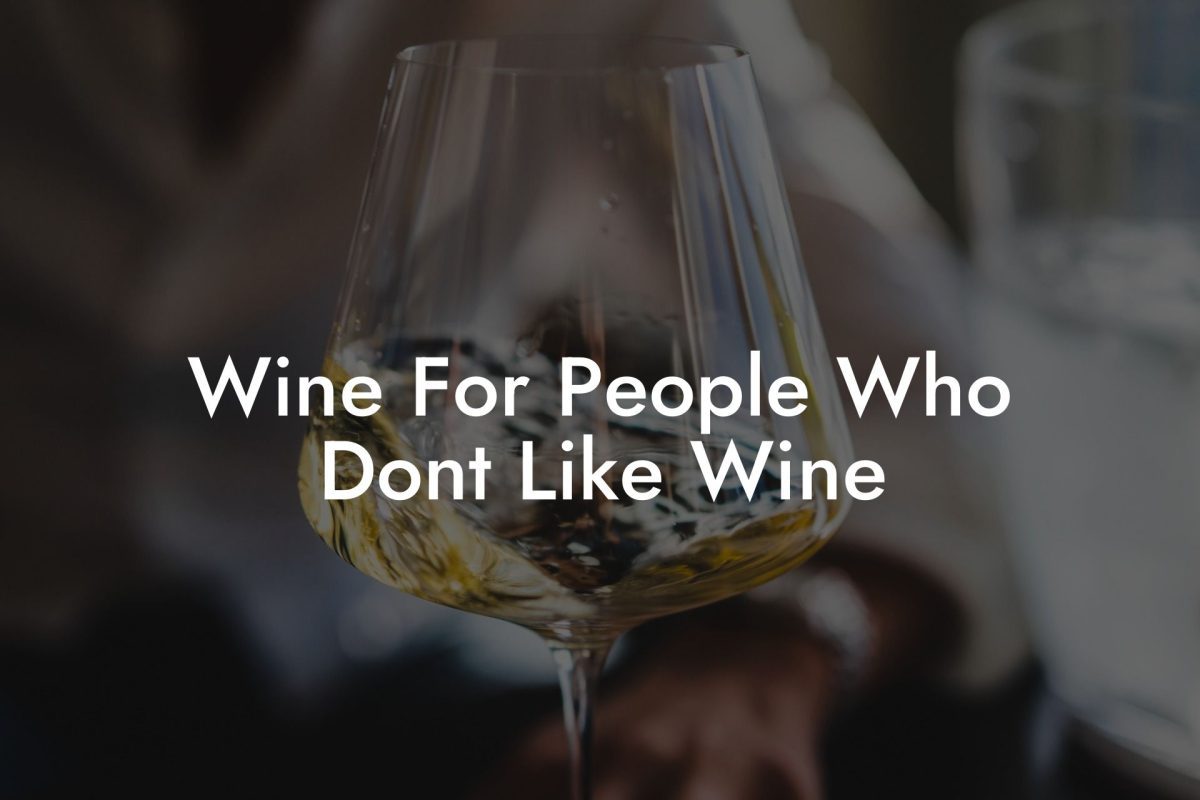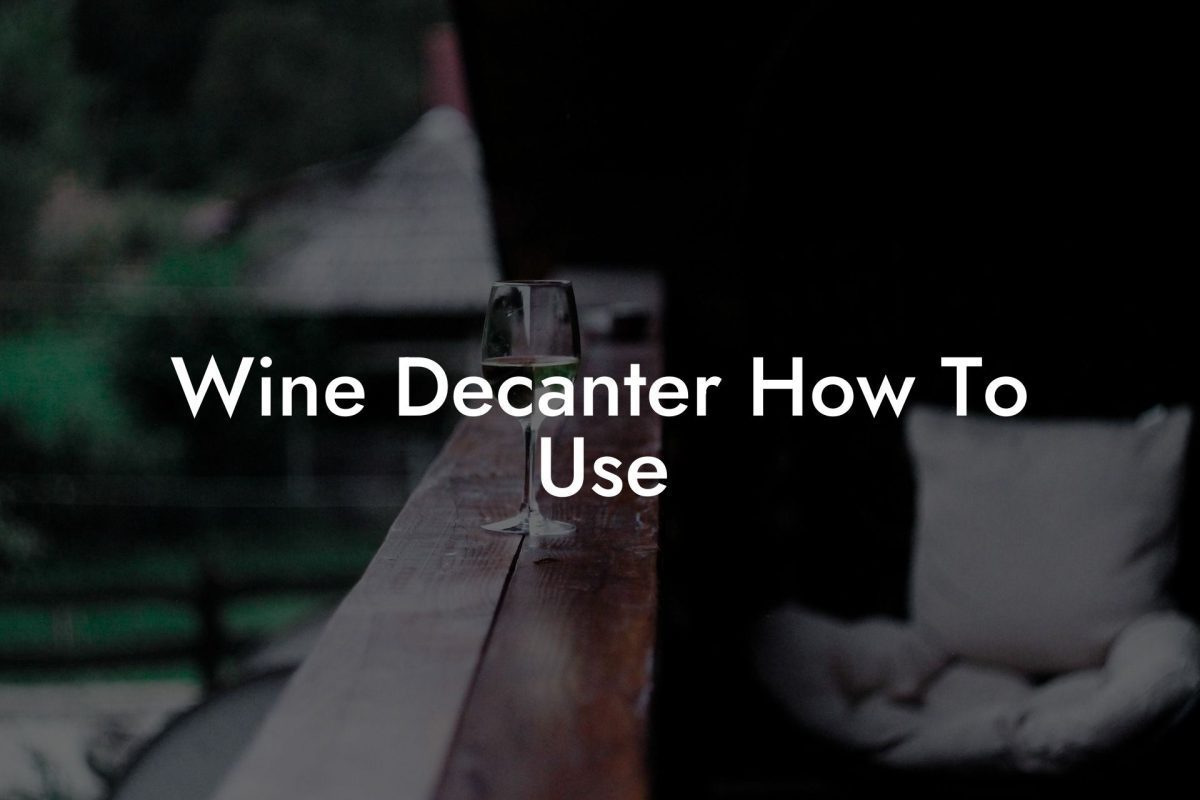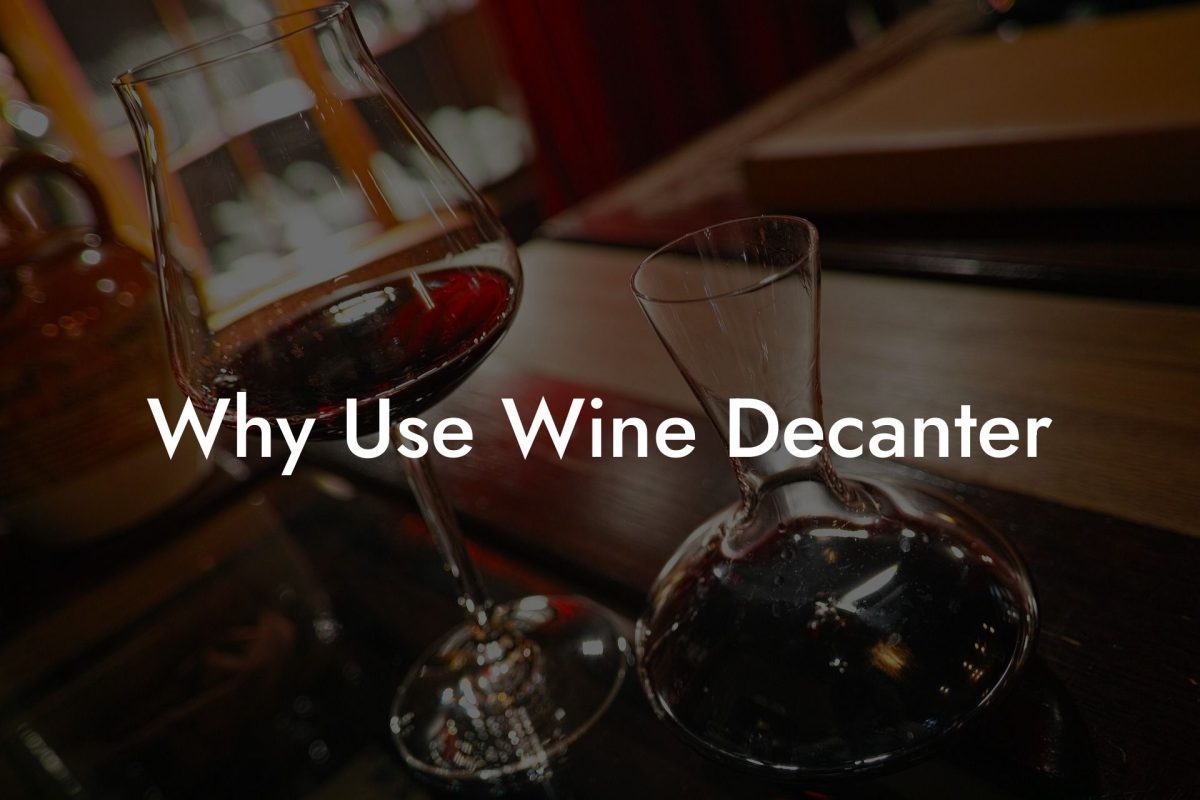Raise your glasses, fellow wine lovers! Today we're diving deep into the world of wine, specifically tackling the ever-so-important question: what proof is wine? From novices to sommeliers, this all-encompassing guide will give you the lowdown on alcohol content in wine and how it varies.
What Proof Is Wine Table of Contents
What Does 'Proof' Mean in Alcohol?
What Does 'Proof' Mean in Alcohol?
Before we uncork the details on wine, it's essential to understand what 'proof' means in the world of alcohol. In short, proof is a way to measure the alcohol content of a beverage. In the United States, the proof of an alcoholic beverage is double the percentage of alcohol by volume (ABV). So, a drink with 40% ABV is 80 proof.
Alcohol Content in Different Types of Wine
Now that we have the groundwork laid, let's get into the nitty-gritty. The alcohol content in wine varies significantly among different types, regions, and even individual bottles. However, here's a general idea of the alcohol content in popular types of wine:
Do You Want to Win a Free Bottle of Wine?
Don't miss out on the opportunity to win a free bottle of wine every week.
Enter our weekly prize draw today!
1. Red Wines
- Cabernet Sauvignon: 13-15% ABV
- Merlot: 12-15% ABV
- Pinot Noir: 12-15% ABV
- Zinfandel: 14-17% ABV
- Shiraz/Syrah: 13-15% ABV
2. White Wines
- Chardonnay: 13-15% ABV
- Sauvignon Blanc: 11-13% ABV
- Pinot Gris/Grigio: 11-13% ABV
- Riesling: 8-12% ABV
3. Rose Wines
Rose wines typically have an alcohol content of 10-13% ABV.
4. Sparkling Wines
- Champagne: 10-12% ABV
- Prosecco: 11-12% ABV
- Cava: 11-12% ABV
5. Dessert Wines
Dessert wines can vary wildly in alcohol content, ranging from 8-20% ABV.
Factors That Influence Alcohol Content in Wine
Ever wonder why the alcohol content in wine can vary so much? Here are three main factors that influence how potent your glass of vino might be:
1. Grape Sugar Content
When making wine, yeasts convert the natural sugars in grapes into alcohol through the fermentation process. Grapes with higher sugar content will result in a higher alcohol content in wine.
2. Fermentation Process
The duration and style of the fermentation process can significantly affect the alcohol content in wine. In general, a longer or more intense fermentation will result in higher alcohol levels.
3. Fortification
Some wines, like Port and Sherry, are fortified with additional spirit (usually brandy) to increase their alcohol content and preserve their flavor. These wines will have a higher proof than most unfortified wines.
What Proof Is Wine Example:
Suppose you're sharing a bottle of Cabernet Sauvignon with friends. Based on the general guide above, you can expect the wine to have an ABV of around 13-15%. This would make the proof of your Cabernet Sauvignon between 26-30. It's important to note that this is just a generalization, and the actual proof can vary based on the specific wine you're drinking, so always be sure to double-check the label.
Now that you have the answer to the age-old question, "What proof is wine?", you're one step closer to becoming a wine connoisseur! Not only will this newfound knowledge impress your friends at parties, but it will also help you make more informed decisions when selecting bottles to purchase or enjoy during a night out. Remember, drink responsibly and cheers to newfound knowledge! Don't forget to share this article with fellow wine enthusiasts and explore other guides on Black Wine Club to expand your wine education.
Do You Want to Win a Free Bottle of Wine?
Don't miss out on the opportunity to win a free bottle of wine every week.
Enter our weekly prize draw today!

